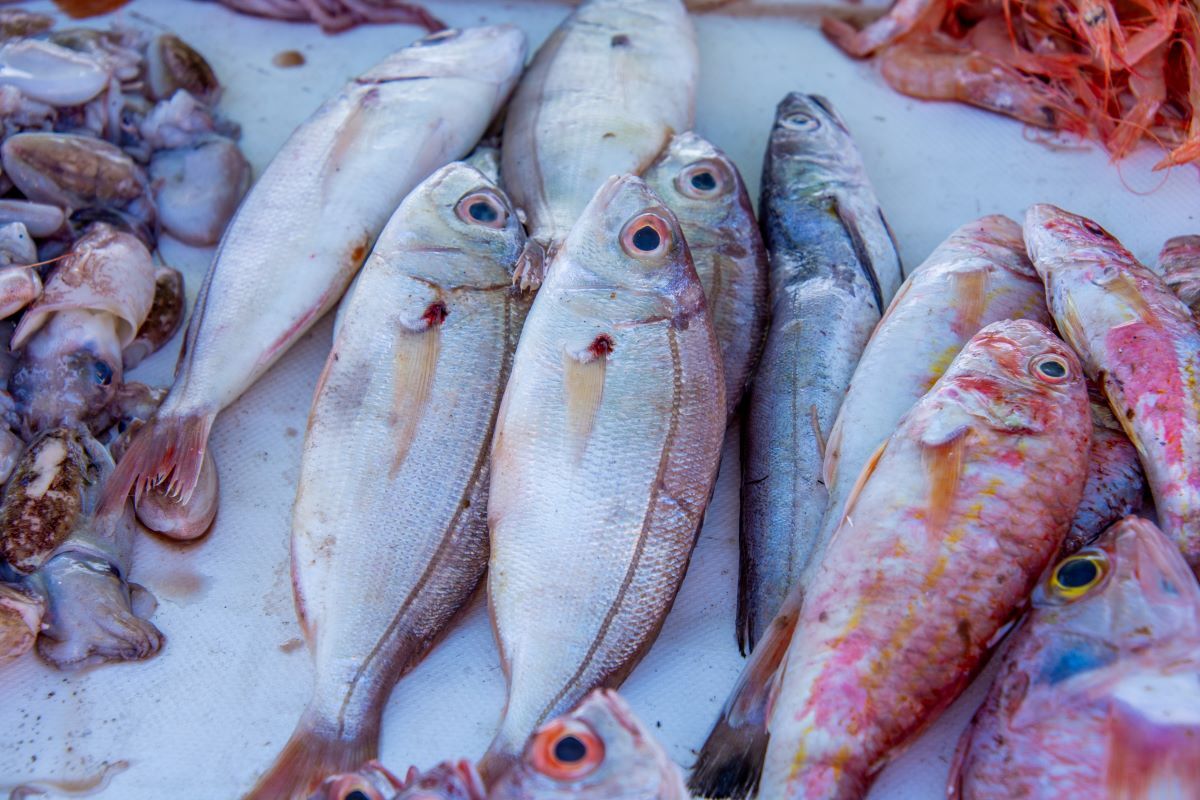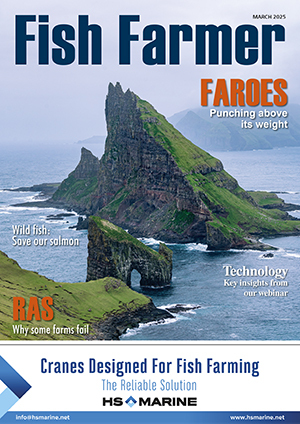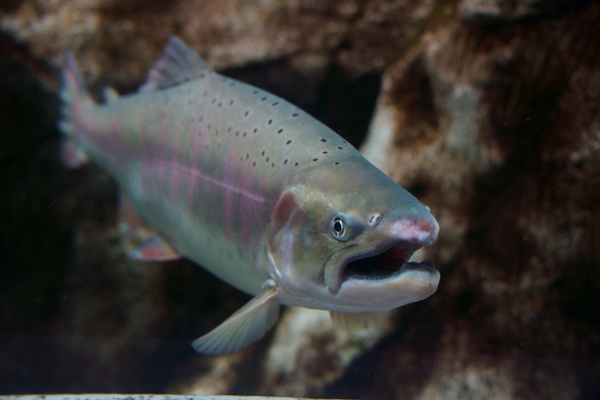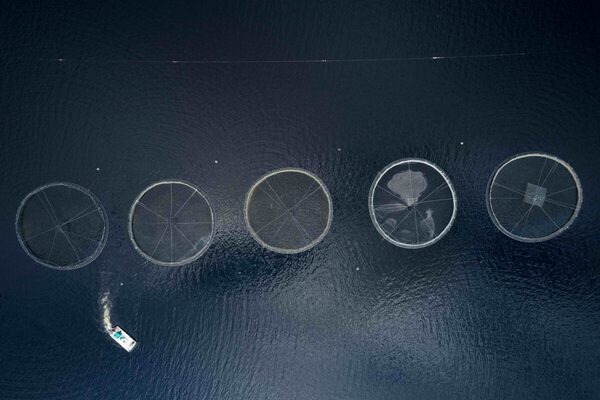Action for growth: aquaculture in Africa
Innovative policies are needed to diversify and promote the growth and sustainability of Africa’s fisheries and aquaculture sector, a new report finds.
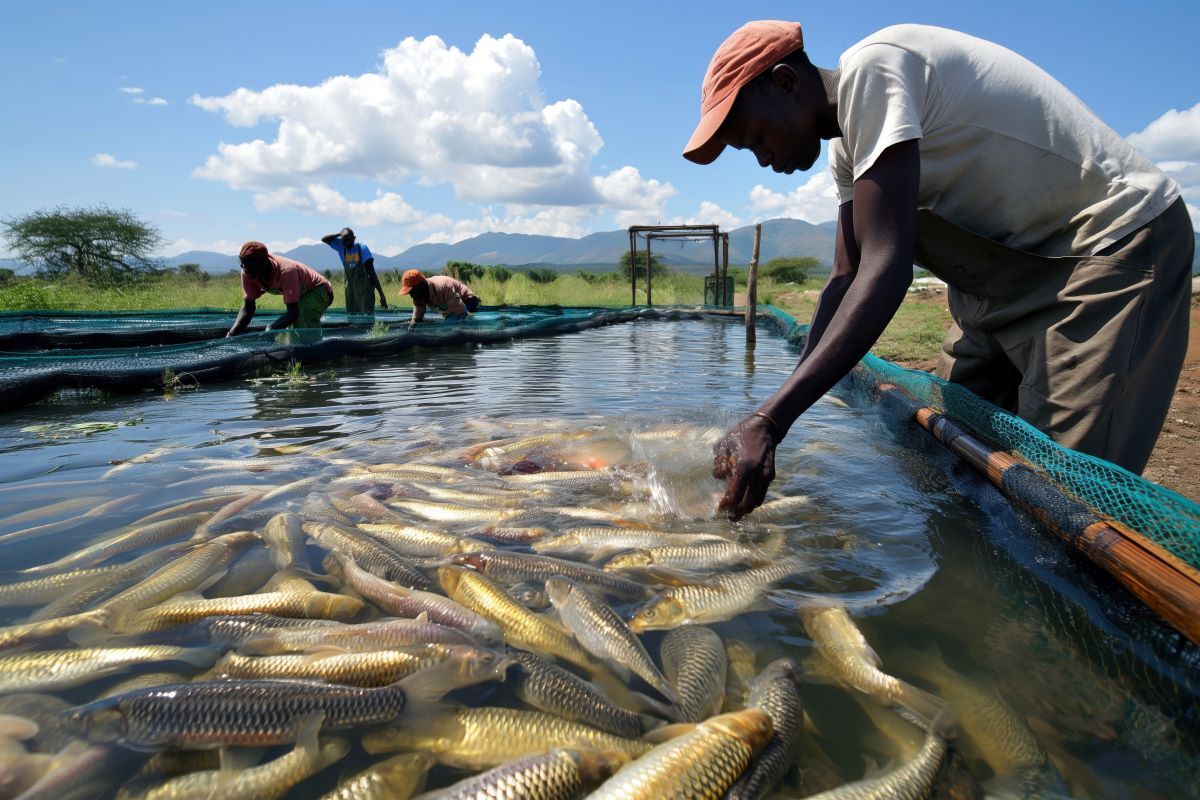
Accelerated growth in Africa’s fisheries and aquaculture sector potentially constitutes a major driver to deliver economic growth, food security and environmental sustainability, according to a new report.
The latest publication from the Malabo Montpellier Panel of agriculture and food security experts highlights the rapid growth of the continent’s fisheries and aquaculture sector, which, since 2022, has experienced the highest aquaculture growth rate of all regions of the world, increasing by more than five-fold to reach 2.5 million metric tonnes (MT) in 2022.
The sector provides almost 20% of Africa’s animal protein. To counter a projected deficit of 11 million tonnes annually by 2030, policies and investments are needed to meet future demand and avoid potential shortages, the authors argue. Africa’s supplies of aquatic foods would need to increase by 74% by 2050 to maintain current per capita fish consumption levels.
The report, Fish-Friendly: Policy Innovations for Sustainable Fisheries and Aquaculture in Africa, reviews the current state of the fisheries and aquaculture sector in Africa, its continental and global policy frameworks and its strategy priorities.
Launched at the 15th Malabo Montpellier Forum, the report argues that while Africa’s fisheries and aquaculture hold immense potential, unlocking the benefits of the sector requires comprehensive policy reforms, technological advancements, sustainable resource management, and regional and global cooperation.
Professor Joachim von Braun, Centre for Development Research (ZEF), University of Bonn, and Co-Chair of the Malabo Montpellier Panel, said: “Fish and other aquatic foods play an increasingly important role in African diets and economic development. To benefit more from this growing sector, governments and the private sector need to facilitate innovation and address limiting factors like feed supplies in aquaculture and illegal coastal fishing.
“This report illustrates how forward-thinking policies can foster the innovations needed to transform the continent’s fisheries and aquaculture sector into a powerful engine for economic growth, jobs, and food security, while protecting the related ecologies.”
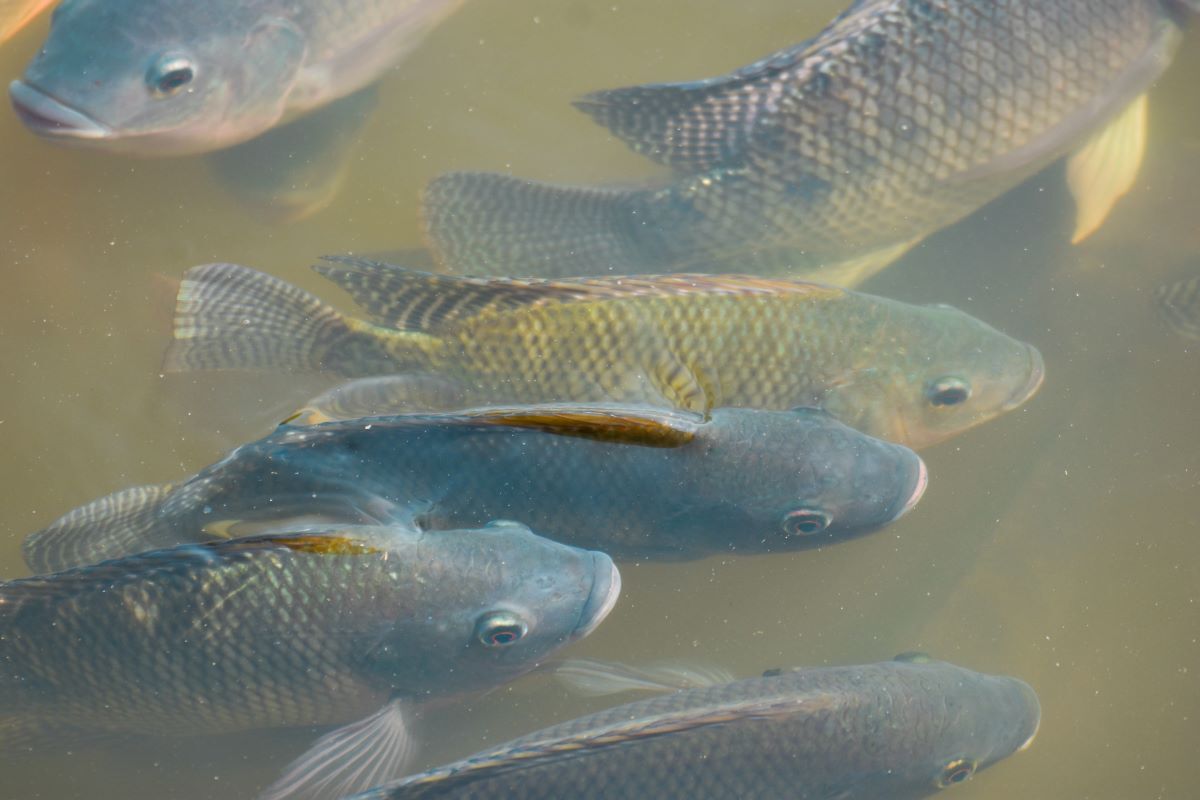
Blueprint for success
The report reviews the policy and programmatic interventions of Ghana, Malawi, Morocco and Mozambique – countries that have shown considerable success and progress in growing their fisheries and aquaculture sectors.
Ghana’s Aquaculture for Food and Jobs (AFJ) programme was launched to boost fish production and create employment for youth. Through AFJ, the government plans to train 10,000 youths in small-scale fish farming, creating around 50,000 additional jobs along fisheries and aquaculture value chains.
The government invested in infrastructure, notably through the construction of the National Aquaculture Centre at Amrahi. In 2023, 265 aquaculture production facilities were constructed, with 32 million fingerlings supplied.
In Malawi, the Aquaculture Value Chain Project (AVCP) established the Aquaculture Business School, providing training in organisational, processing and technical skills to 4,500 small-scale producers and 144 fish farmer groups nationwide.
Similarly, the Inclusive Business and Entrepreneurial Models (IBEMs) for small-scale fish farmers project provided innovative training on aquaculture practices, business management, finance and entrepreneurship to 1,046 farmers, 60% of whom were women.
Morocco’s Halieutis Strategy, a comprehensive fisheries and aquaculture plan launched in 2009, has positioned the country as a top fish exporter to the European Union (EU). The Small-Scale Fisheries Project constructed and equipped landing sites and port facilities and was involved in the establishment of three marine protected areas.
Mozambique’s MaisPeixe Sustentável (More Sustainable Fish) programme provides matching grants to artisanal fishers and small enterprises to improve their fishing techniques, reduce vulnerability to the impacts of climate change and boost food security.
The programme has significantly impacted livelihoods in seven provinces by providing financing to over 1,000 artisanal fishing households.
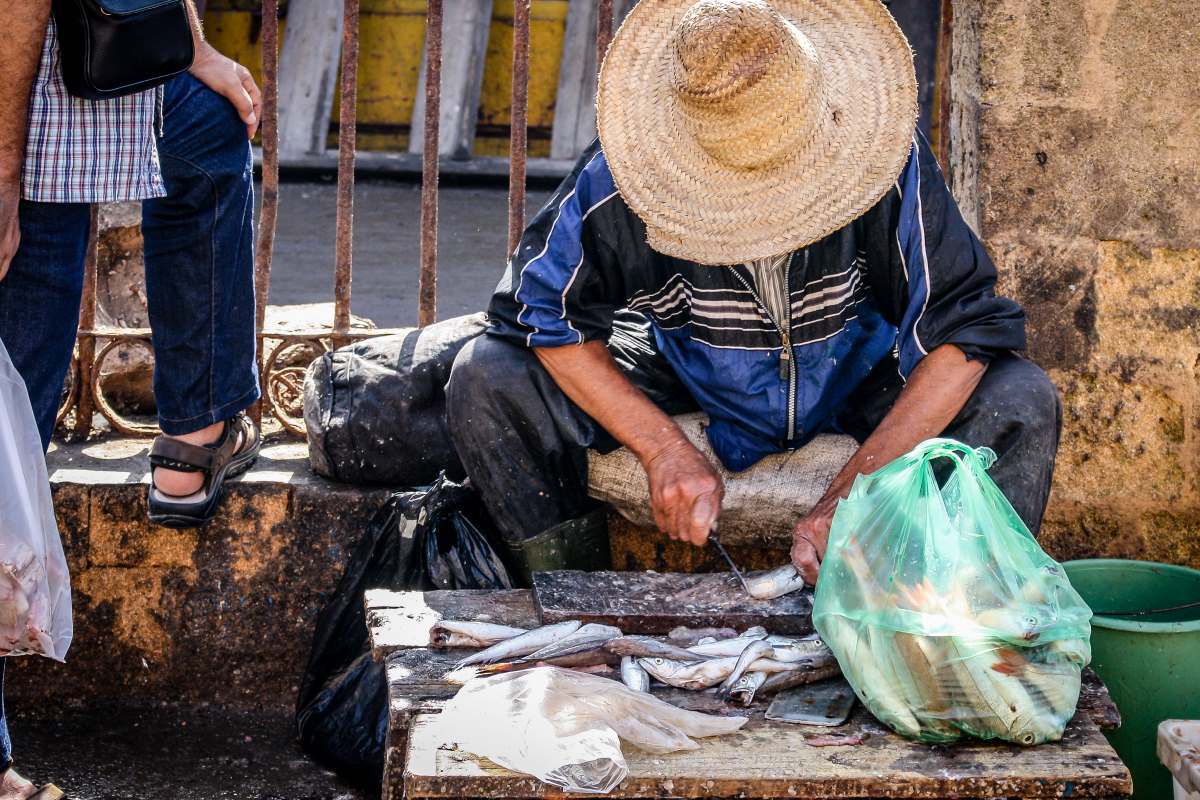
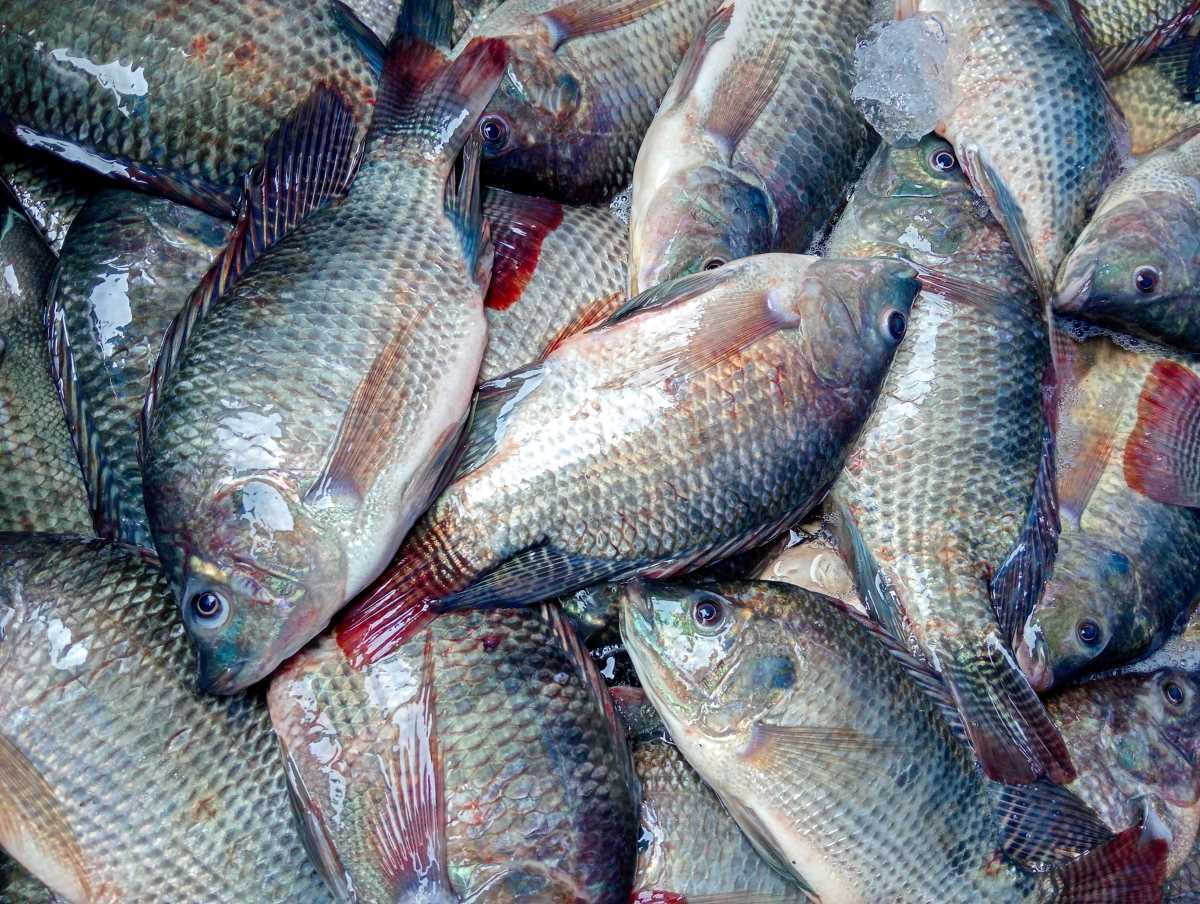
Key areas for action
The panel identifies four key areas to guide the policy interventions of African governments and development partners to enhance the performance of the fisheries and aquaculture sector:
• Invest in infrastructure, technology and regulations. Investment in hatcheries, preservation and processing facilities utilising renewable energy, alongside innovative technologies should be prioritised. Robust monitoring and enforcement frameworks are needed to tackle IUU fishing.
• Strengthen support for smallholder aquaculture. To cultivate resilience, develop financial products and mobile apps that cater for smallholders, provide training and skills development programmes, and facilitate equal market access.
• Support innovation and increase research funding. Building a skilled workforce capable of driving innovation is crucial. This can be achieved through innovation hubs and mentorship programmes, directing more resources toward research on sustainability, and tax incentives for research institutions.
• Enhance regional cooperation, integration and trade facilitation. Creating more efficient and sustainable fisheries and aquaculture systems will necessitate harmonised national, continental and global fishing regulations, common certification and labelling systems, and streamlined customs procedures.
With approximately 6.1 million Africans employed in the sector, the importance of ensuring long-term sustainability has never been more evident.
Dr Ousmane Badiane, Executive Chairperson, AKADEMIYA2063 and Co-Chair of the Malabo Montpellier Panel, said: “The successful interventions highlighted in this report provide workable avenues to accelerate progress toward a productive and sustainable fisheries and aquaculture sector in Africa.”
